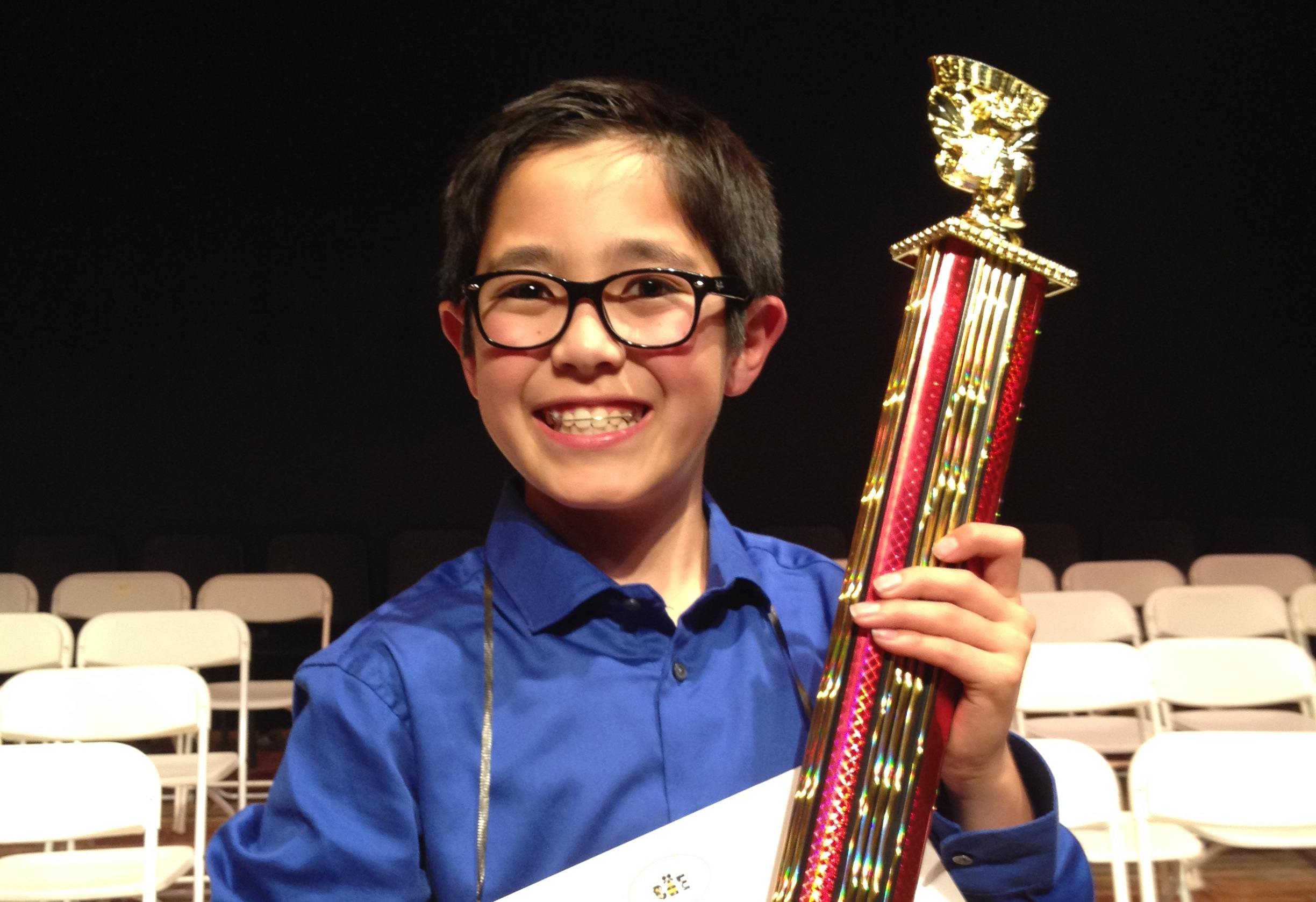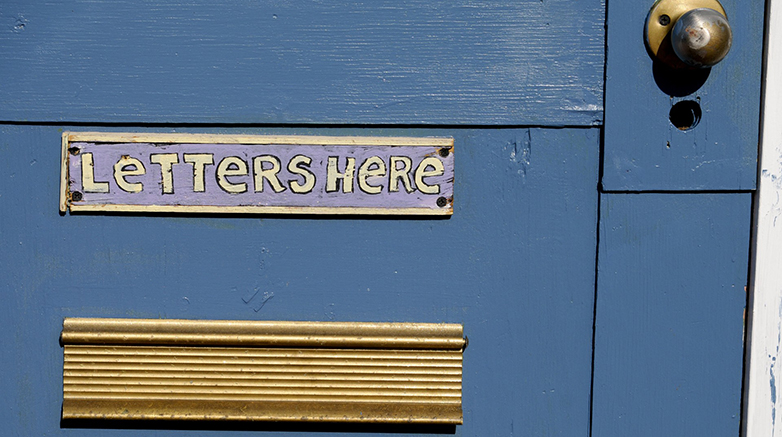We have met at several court hearings regarding National Guard Sgt.
Scott A. Ansman, who is charged with murder. When we talked, I got the
feeling that you were a true journalist, a really nice guy.
I have been reading your columns regarding this case since the
beginning. At first you were a very non-biased media person, but
lately I have noticed that you are starting to lean. In the
interest of both a fair trial and fair journalism, you need to reposition
yourself back to the center.
It is unfair to the defendant as well as the family of the defendant for
you to be an unjust, biased reporter.
It is becoming very clear that the reason that I got the perception that
you were such a nice guy was simply to get a story from his family.
Please after reading this email and before you email me back, take
just a minute of your time and go back and read ALL of your columns
from the start of this mess.
You will see what I am talking about, and maybe that will help you to
reset yourself to the center.
I sincerely hope you see where I'm coming from, and I would be
glad to field any questions regarding this matter. Thank you for
your time and consideration.
Ari Noonan comments: I am in the center, sir, as we strive to be on every news story. Without examples from you, it is not possible to reply specifically and concretely to your criticism. You may be referring to two recent news stories in which the victim’s brother, Gerald Bennett, alleged unfair treatment. That was Mr. Bennett’s view. It is crucial — for journalists and for readers — to distinguish between news stories and opinion pieces, which are clearly delineated in this newspaper. Television, especially cable, has been responsibly for deliberately, overtly blurring the formerly clear demarcation lines separating news reporting from opinion. And now many newspapers have followed television’s lead by commonly ignoring a foundational journalistic principle that divides objective reporting from opinion writing.







